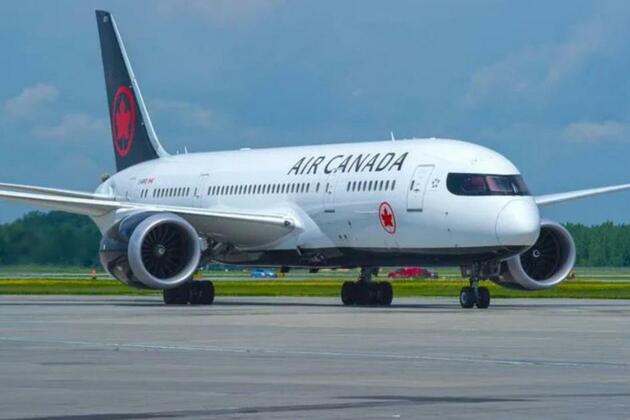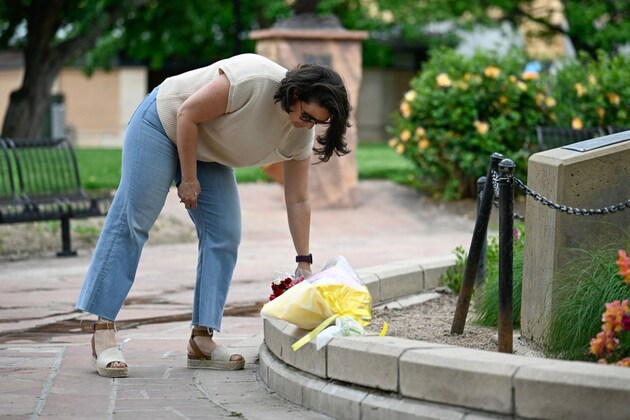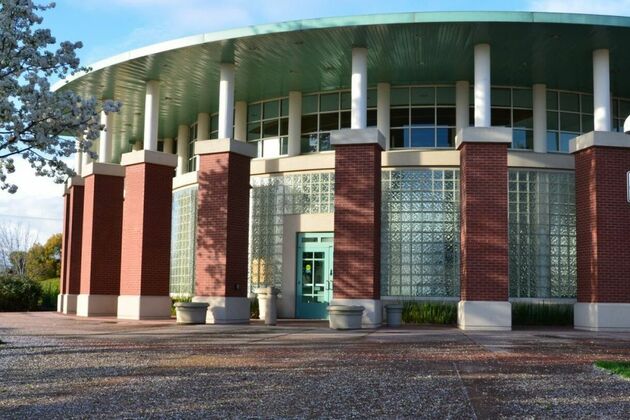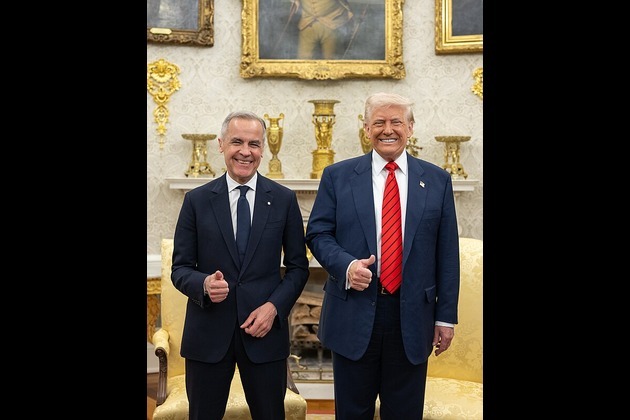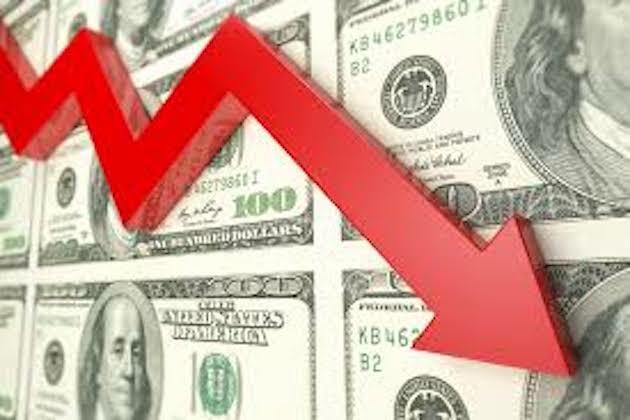Restricted Hajj hits Somalia's livestock economy
News24
01 Aug 2020, 16:41 GMT+10
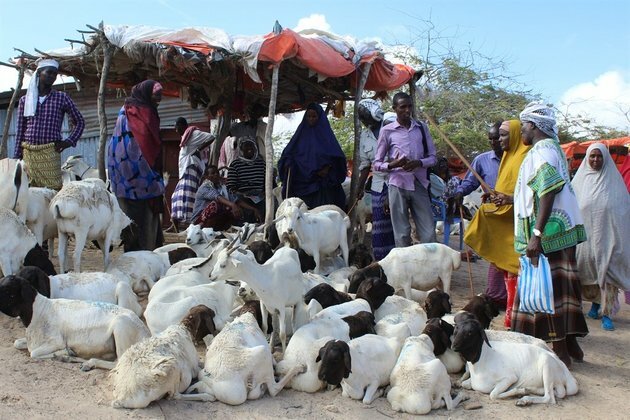
The Hajj, which began last week, is mandatory for all Muslims, who are physically and financially able, to undertake at least once in their lifetime and involves pilgrimage to the holy city of Mecca and its Grand Mosque.
But this year Saudi authorities have restricted the Hajj to those already inside the country - fewer than 10 000 domestic pilgrims are expected, compared with the two million mostly foreign visitors who attended last year - effectively cancelling the annual ceremony for most.
Saudi demand accounts for nearly two-thirds of Somalia's annual livestock exports, according to the World Bank, which reports that more than five million sheep, goats, camels and cattle were shipped northwards from Somali ports through the Gulf of Aden and the Red Sea to Saudi Arabia in 2015.
Exports are predicted to be sliced in half this year, primarily due to Covid-19 travel restrictions.
AFP
"The Hajj cancellation has massive implications on the lives and livelihoods of the Somali population," said Ahmed Khalif, Somalia country director at the Action Against Hunger charity, adding that livestock accounts for around 60 percent of household income in the largely rural country.
"It is a blow to the Somali pastoralist households particularly, who heavily survive on livestock exports to Saudi."
Up to three-quarters of Somalia's export earnings come from livestock, said Khalif, making the foreign sale of animals a crucial lifeline for Somalia's economy.
The annual Hajj is normally a reliable boom time for herders, but not this year.
"The livestock exports happen all through the year, but the majority - 70 percent of live animals - happen during this Hajj season," said Khalif.
Lower prices, higher costs
The evaporation of exports has meant an oversupply in local markets where prices have dropped dramatically, with camels going for $500, half their usual price, according to Khalif.
Good news for a relatively small number of well-off consumers, but a disaster for the majority of livestock-keepers who rely on sales to buy food, pay back debts and cover basics such as school fees.
Making matters even worse, keeping animals for longer than expected is a drain on limited resources, said Isse Muse Mohamed, a livestock trader in the port town of Eyl, who warned of "widespread effects" for the economy.
"Keeping hundreds of goats and sheep for an extra year will obviously incur costs, including the salary of the keepers," he said. "This is a real crisis."
Falling incomes, increasing costs and the loss of the Hajj market are hitting owners such as Adow Ganey, in the southern town of Hudur.
"When the family wants cash for necessary items, like sugar and clothing, we used to take one or two goats to the market," he said, "but this year things have changed: we have to sell more goats to get the cash we need."
For some of Somalia's livestock herders and traders, already assailed by decades of conflict and political instability, ever tighter cycles of drought and an ongoing locust plague, the cancellation of the Hajj may be the straw that breaks the camel's back.
"We have never seen such a situation," said Abdqadar Hashi, a livestock exporter in the city of Hargeisa, "it's affecting everybody".
 Share
Share
 Tweet
Tweet
 Share
Share
 Flip
Flip
 Email
Email
Watch latest videos
Subscribe and Follow
Get a daily dose of London Mercury news through our daily email, its complimentary and keeps you fully up to date with world and business news as well.
News RELEASES
Publish news of your business, community or sports group, personnel appointments, major event and more by submitting a news release to London Mercury.
More InformationUK Editorials
SectionAirline launches new route between Scotland and Canada - The Herald
Airline launches new route between Scotland and Canada - The Herald
Death penalty imposed for 2019 killing of Sacramento officer
Death penalty imposed for 2019 killing of Sacramento officer
Boulder terror attack- Woman burned in Pearl Street Mall attack dies
Boulder terror attack- Woman burned in Pearl Street Mall attack dies
Ex-Antioch officer gets 7 years for K-9 attack, fraud
Ex-Antioch officer gets 7 years for K-9 attack, fraud
Kansas deputy, suspect killed in Phillipsburg shootout
Kansas deputy, suspect killed in Phillipsburg shootout
Video- Fresno suspect rams, shoots at ex-girlfriends car with child inside before police shooting
Video- Fresno suspect rams, shoots at ex-girlfriends car with child inside before police shooting
Business
SectionWall Street extends rally, Standard and Poor's 500 hits new high
NEW YORK, New York - U.S. stock markets closed firmly in positive territory to start the week Monday, with the S&P 500 and Dow Jones...
Canadian tax on US tech giants dropped after Trump fury
WASHINGTON, D.C.: On Friday, President Donald Trump announced that he was halting trade discussions with Canada due to its decision...
Trump-backed crypto project gets $100 million boost from UAE fund
LONDON, U.K.: A little-known investment fund based in the United Arab Emirates has emerged as the most prominent public backer of U.S....
DIY weight-loss drug trend surges amid high prices, low access
SAN FRANCISCO, California: Across the U.S., a growing number of people are taking obesity treatment into their own hands — literally....
Apple allows outside payment links under EU pressure
SAN FRANCISCO, California: Under pressure from European regulators, Apple has revamped its App Store policies in the EU, introducing...
Euro, pound surge as U.S. rate cut odds grow after Powell hint
NEW YORK CITY, New York: The U.S. dollar tumbled this week, hitting its lowest levels since 2021 against the euro, British pound, and...

